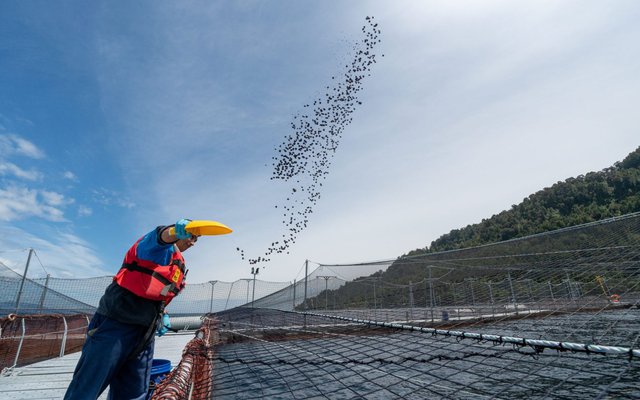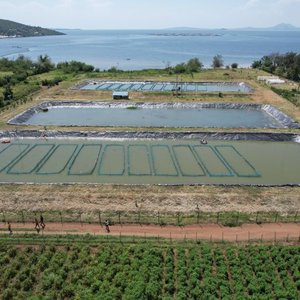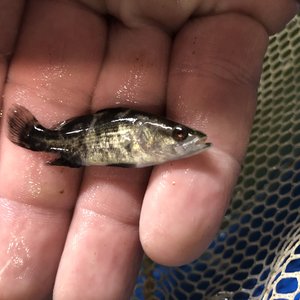ASC released revised Certification and Accreditation Requirements (CAR) and Certification Requirements for Unit of Certification (RUoC) for the ASC Farm Standards, and new CAR and RUoC documents for the Feed Standard.
These four documents are important in helping ASC to operationalize the standards and define the processes necessary to audit against them. Their release follows a statutory period of public consultations and subsequent consideration and incorporation of feedback.
The new RUoC documents provide farms and feed mills in the ASC certification program with a description and a step-by-step guide to conform to the administrative and process requirements necessary to obtain or maintain certification. This is in addition to the performance requirements specified in ASC Standards. It also acts as a guide for certified farms and feed mills who wish to make a claim about, or use the ASC logo and trademarks, for certified sites.
Conformity Assessment Bodies (CABs) will use the CAR, which sets out requirements for certification to enable CABs to audit farms and feed mills in a consistent manner. CABs are the independent certification bodies that audit farms and feed mills against the relevant ASC Standards, thereby enabling feed mills to sell their product as ASC compliant feed and farms to sell their seafood products into the supply chain as ASC certified. The CAR also establishes requirements for the accreditation of CABs by Accreditation Services International (ASI), the ASC-appointed accreditation body.
“The aim of the documents is to provide transparency and consistency to the certification process, so the ASC standard system maintains its credibility with stakeholders, which include governments, regulatory bodies, non-governmental organizations (NGOs) and consumers,” Efrain Calderon, program assurance director at the ASC, said. “All of ASC’s certification and accreditation requirements are in full compliance with the FAO Technical Guidelines on Aquaculture Certification and our operations conform to the codes of good practice of ISEAL, of which we are a member. The codes of good practice support sustainability systems, to improve how they operate and deliver greater impact.”
The effective date for the Farm CAR & RUoC is July 14, 2023.
CAR 2.3 strengthens assurance for farm audits
The revised CAR strengthens ASC’s assurance process, in particular by setting out strict protocols for conducting remote audits, introducing a requirement to conduct unannounced surveillance audits on at least 10% of single site certificate holders each year, and using the ASC Social Audit Risk Assessment Tool that details the depth of checking on the social requirements of the standard.
A new requirement ensures that auditors are rotated, to limit the number of times one can audit the same unit of certification, traceability requirements have been boosted, and a recommendation included on when to sample and test for antibiotics and banned veterinary substances during the audit. The revised CAR reinforces to CABs that companies carrying out fraudulent activities confirmed by a statutory authority and those involved in child labor, slavery, human trafficking or forced labor are not eligible to hold ASC certification.













